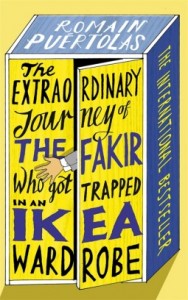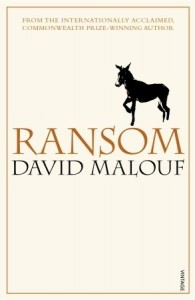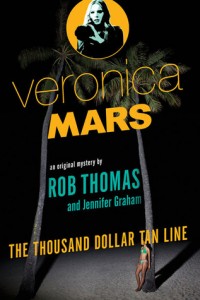 Title: Levels of Life (Goodreads)
Title: Levels of Life (Goodreads)
Author: Julian Barnes
Published: Random House, 2013
Pages: 128
Genres: Non-Fiction, Short Stories
My Copy: Personal Copy
Buy: Amazon, Book Depository, Kindle (or visit your local Indie bookstore)
“Every love story is a potential grief story.”
It is official, I’m now a huge fan of Julian Barnes. Having read and enjoyed The Sense of an Ending and Metroland, I knew I had to read more of his novels. I did try Through the Window and found his essays challenging but mainly because the man is far too intelligent and I couldn’t keep up. I decided to try Levels of Life simply because I wanted to see how Barnes connects love and loss with ballooning and photography.
“Love is the meeting point of truth and magic. Truth, as in photography; magic, as in ballooning.”
Told in three masterful parts, Levels of Life tells stories that don’t seem connected but Barnes manages tol fit together. He is a master at the metaphor and this book told in narrative form tells the highs and lows of love. Part one “The Sin of Height” tells a narrative of Colonel Frederick Burnaby, an English soldier and traveller who crossed the English Channel in a hot air balloon in 1882. This story focuses on the obsessions that both Burnaby and French photographer Nadar had towards ballooning.
The next part, called “On the Level” looks at Colonel Burnaby and the French exotic actress, Sarah Bernhardt. Both shared an interest in ballooning which led to love. Two larger than life characters and a love that could never last, while Burnaby believed it was possible, Bernhardt thought differently. Here we have two stories; one depicting the highs of passion and love and the second, the idea of love fizzling out which only leaves one last essay.
“You put together two people who have not been put together before. Sometimes it is like that first attempt to harness a hydrogen balloon to a fire balloon: do you prefer crash and burn, or burn and crash?”
But sometimes it works, and something new is made, and the world is changed. Then, at some point, sooner or later, for this reason or that, one of them is taken away. And what is taken away is greater than the sum of what was there. This may not be mathematically possible; but it is emotionally possible.
“The Loss of Depth” is the last essay and is the story of the loss Julian Barnes suffered when his wife died of a brain tumour in 2008. This is a tender account of dealing with grief. The build-up of the other two essays just made the last one heart breaking and I found myself crying (something I don’t often do). Barnes explores life after losing his wife and at times it is a little funny, yet remains very moving.
“Initially, you continue doing what you used to do with her, out of familiarity, love, the need for a pattern. Soon, you realise the trap you are in: caught between repeating what you did with her, but without her, and so missing her; or doing new things, things you never did with her, and so missing her differently. You feel sharply the loss of shared vocabulary, of tropes, teases, short cuts, injokes, sillinesses, faux rebukes, amatory footnotes – all those obscure references rich in memory but valueless if explained to an outsider.”
Julian Barnes managed to capture love and loss so perfectly, I felt like adding so many quotes to this review but I had to hold off. This is the type of book that will sit with me for a long time and I tear up just thinking about it. I’m amazed at Barnes’ skill as a writer and how he fit so much beauty and so many emotions into a short book is beyond me. I am going to have to read every book I can find from Julian Barnes.

 Title: Skinjob (
Title: Skinjob ( Title: Cop Town (
Title: Cop Town ( Title: The Extraordinary Journey of the Fakir Who Got Trapped in an Ikea Wardrobe (
Title: The Extraordinary Journey of the Fakir Who Got Trapped in an Ikea Wardrobe ( Title: The Sex Lives of Siamese Twins (
Title: The Sex Lives of Siamese Twins ( Title: Summer House with Swimming Pool (
Title: Summer House with Swimming Pool ( Title: Ransom (
Title: Ransom ( Title: The Thousand-Dollar Tan Line (
Title: The Thousand-Dollar Tan Line ( Title: By Blood We Live (
Title: By Blood We Live ( Title: My Life as a Fake (
Title: My Life as a Fake (